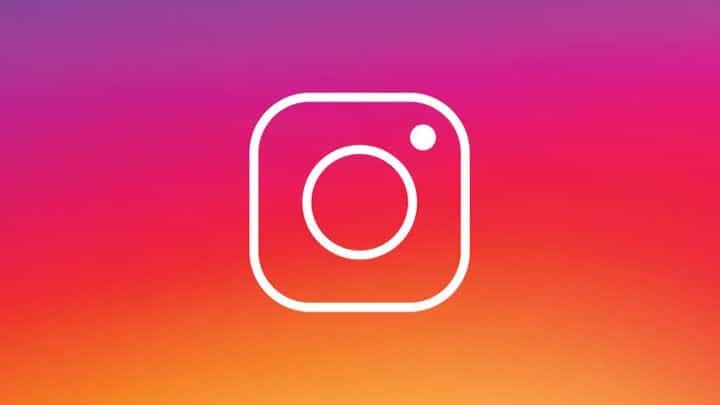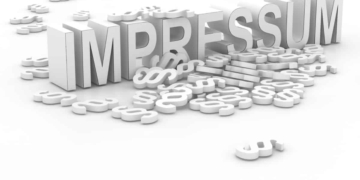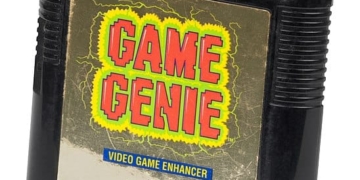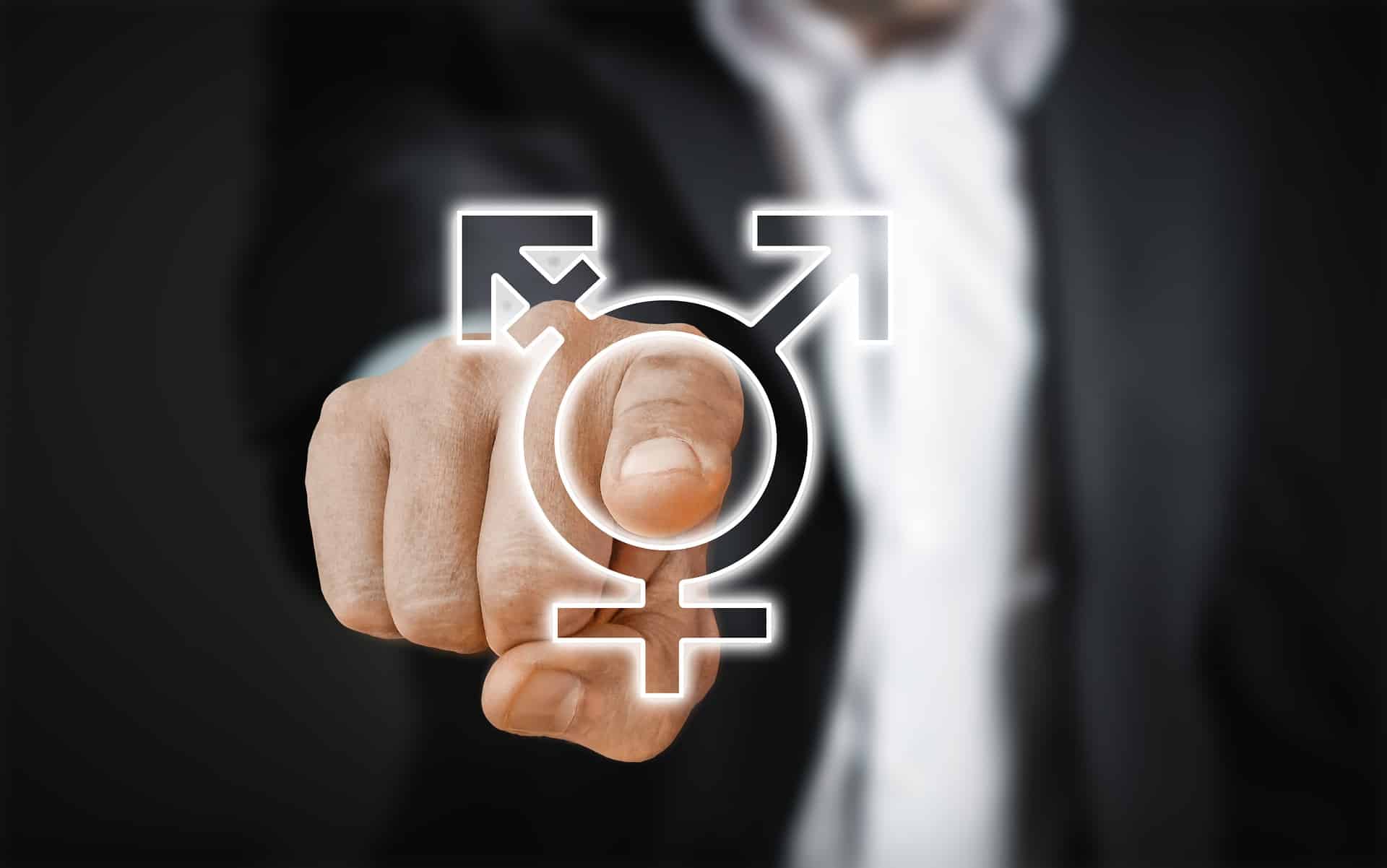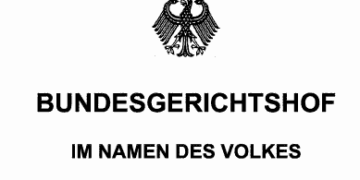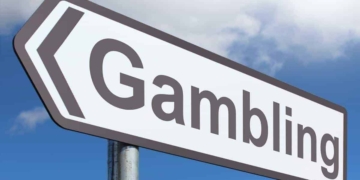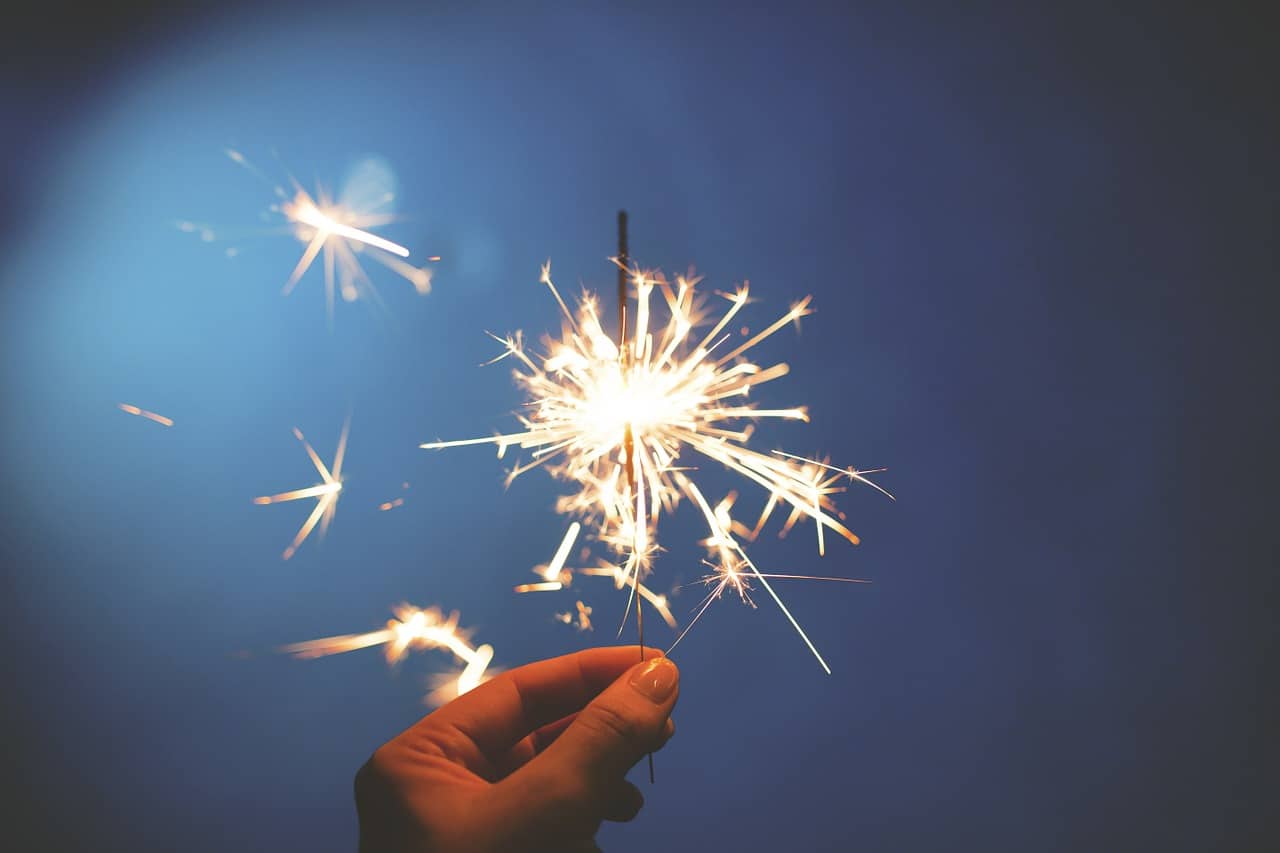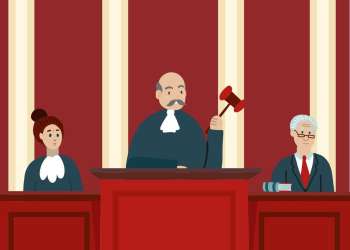If your Instagram account is suspended, there are a number of steps you can take to preserve your rights and potentially get the suspension lifted. Since this type of mandate comes up again and again, I would like to give you a short overview.
Getting started with an account suspension on Instagram
Your first option when your Instagram account is suspended is to seek a direct dialogue with Instagram to request a suspension. This step is often the quickest and least complicated way to resolve the situation.
To start the process, you need to contact Instagram support. This can be done through the contact forms provided in the app or by emailing customer service. It is important to be as precise and comprehensive as possible in your communication. Explain the reasons why you think the suspension was a mistake or why you think your content or behavior did not violate the Terms of Service.
If Instagram accepts your reason, your account will be reactivated. This could happen immediately, or it could take a few days, depending on the specific circumstances. It’s important to note that Instagram makes the final decision, and it may not necessarily be in your favor.
If your account is restored, it’s a good idea to read Instagram’s terms of service thoroughly again to make sure you avoid future violations and associated suspensions.
Legal options in the event of a rejection by Instagram
If Instagram does not accept your explanations and maintains the suspension of your account, you have the option to take legal action. This is a more complex path and may require more time and resources, but in certain cases it can be an effective way to enforce your right to use your Instagram account.
One way is to file a motion for preliminary injunction with the appropriate court. This is a court action that may require Instagram to refrain from blocking your account until a final decision is made in your case. This step requires the assistance of an attorney and may come at a cost, but it can also be an effective way to enforce your rights quickly.
In addition to the restraining order, you can also file a lawsuit against Instagram to claim damages. This could be the case, for example, if you have suffered financial losses due to the suspension of your account, such as when you use your Instagram account for business purposes. When filing a lawsuit, you should seek the help of an attorney to ensure that you have the best chance of success.
It is important to emphasize that these actions should not be taken lightly and that you should carefully consider the consequences before deciding to take legal action. Professional legal advice is essential in such cases.
Your claims against Meta
If your Instagram account has been unlawfully suspended, that is, without just cause or in violation of the Terms of Service, you have various legal claims against Meta – Instagram’s parent company.
Such a claim could be damages for lost use. This occurs especially if you use Instagram for work or business and have lost revenue or business opportunities due to the suspension. For example, an influencer or business using Instagram for marketing purposes could suffer financial losses if their account is suspended.
Additionally, you can request the recovery of your data. If you are blocked, you could lose important data that you have stored on Instagram. This could involve posts, follower information, direct messages or other important data. In such cases, you can request the recovery of this data.
In more serious cases, where the unlawful suspension of your account has caused, for example, damage to your reputation or psychological stress, you could also claim compensation for non-material damage. This is often harder to quantify and prove, but it’s an important claim to consider.
While you have the right to make these claims, it is important to note that each case is unique and the specific circumstances of your case may affect the likelihood of a successful outcome.
When is Instagram allowed to block accounts?
Instagram may only suspend your account if there is a violation of the Terms of Service. This can be for a variety of reasons, including, for example, copyright or trademark infringement, dissemination of hate speech, depictions of violence or child pornography, spamming, or identity theft. The terms of use, which each user accepts when registering on the platform, form the legal basis for the relationship between Instagram and its users.
With regard to case law, the Federal Court of Justice (BGH) has confirmed Instagram’s right to block accounts in the event of violations of the terms of use in several decisions. But there is an important caveat, which was emphasized in a landmark ruling in 2021 (Case No. III ZR 179/20).
In this particular case, the BGH ruled that Instagram is not entitled to block accounts without first hearing the user. The background to this ruling lies in the fact that Instagram’s community standards were deemed to be general terms and conditions (GTC). General terms and conditions are subject to strict legal requirements in Germany and must, in particular, be transparent and fair. A unilateral right to block an account without first hearing the user was considered by the BGH to be a violation of these requirements.
The BGH’s ruling thus has a significant impact on users’ rights. It clarifies that users must be heard before an account is blocked and must be given the opportunity to refute the allegations made against them. It also signals that the practices of social media platforms, such as Instagram, will continue to be subject to strict legal scrutiny.
Conclusion and recommendations for action
Getting your Instagram account suspended can be frustrating, but there are several legal avenues you can take. This ranges from contacting Instagram directly, to filing a restraining order, to filing a lawsuit. In either case, you should contact an attorney to learn about your options and get assistance in asserting your rights.


